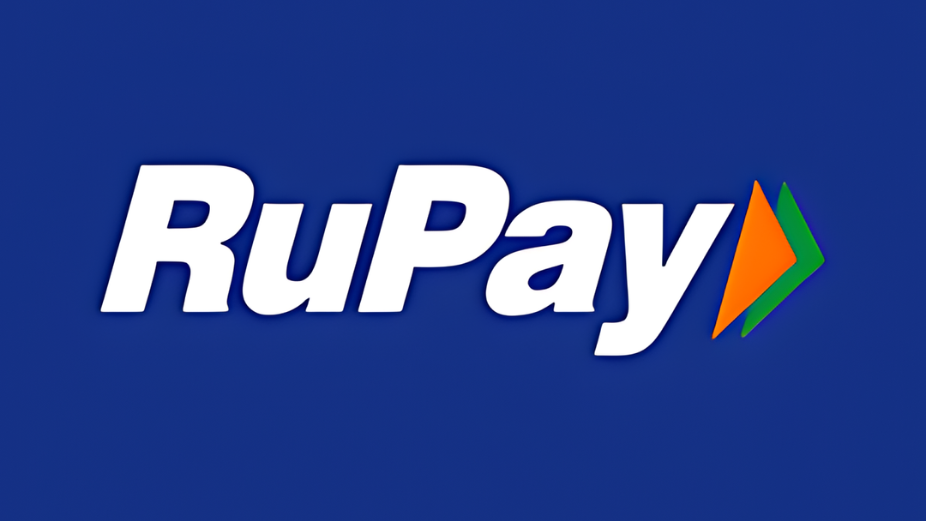
Minister of Economic Development and Trade, Mohamed Saeed, has announced that RuPay cards will be introduced in the Maldives before the end of August. This initiative is part of the government’s broader strategy to establish a creator economy within the country.
In a recent interview with state media, Minister Saeed outlined significant steps taken by the current administration over the past eight months to foster a creator economy. One of the key developments is the introduction of the Indian RuPay Card, scheduled for August. This move is accompanied by the development of a national payment platform and its integration with major regional markets, strongly supported by India.
RuPay is an Indian domestic card scheme launched by the National Payments Corporation of India (NPCI) to fulfill the Reserve Bank of India’s vision of a domestic, open, and multilateral system of payments. The RuPay card is designed to provide a secure and convenient payment solution for Indian citizens. It offers several benefits, including lower transaction fees compared to international card schemes, making it a cost-effective option for users.
Minister Saeed highlighted the presence of numerous content producers in the Maldives and the potential income from various social media platforms. However, he noted that the lack of convenient payment methods currently hinders content monetisation.
Furthermore, Minister Saeed announced that WeChat Pay is now operational in the Maldives. Dollar wallets for the Bank of Maldives (BML) and the Maldives Islamic Bank (MIB) have been activated. He also mentioned that the government has made significant progress by engaging with banks and initiating discussions with regional offices to optimise the use of TikTok in the Maldives, with support from the Chinese government.
These initiatives are aimed at enhancing the financial infrastructure of the Maldives and supporting the growth of the digital economy, providing creators and businesses with better opportunities to monetise their content and services.












